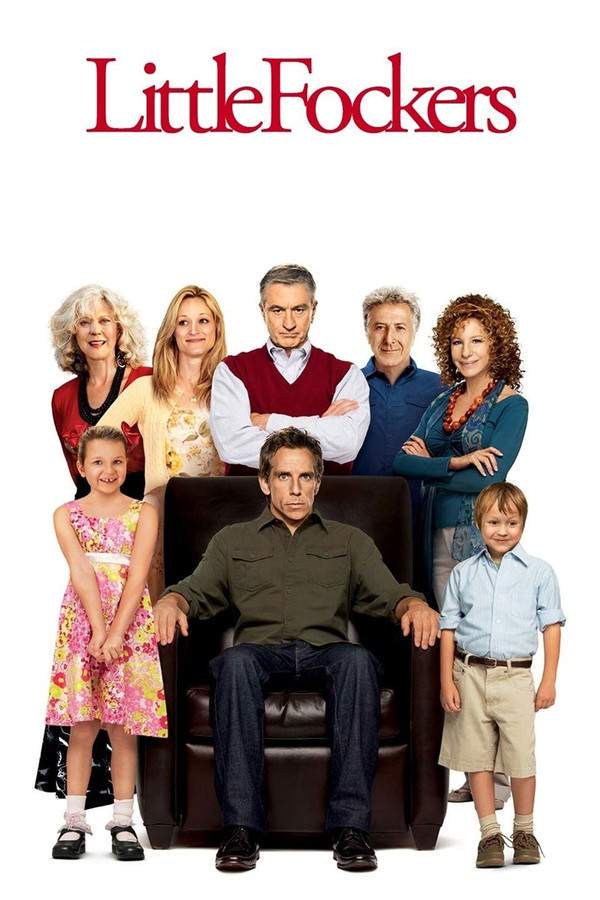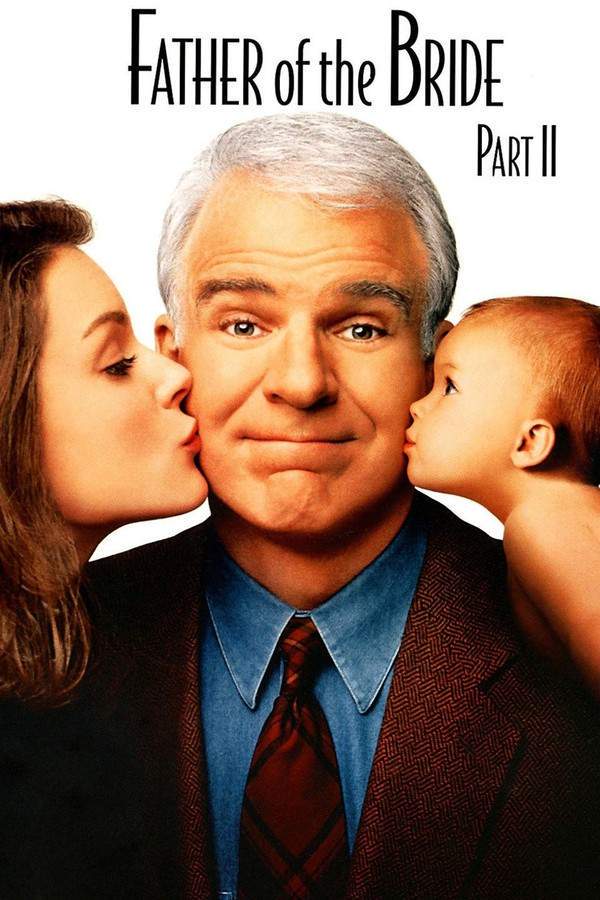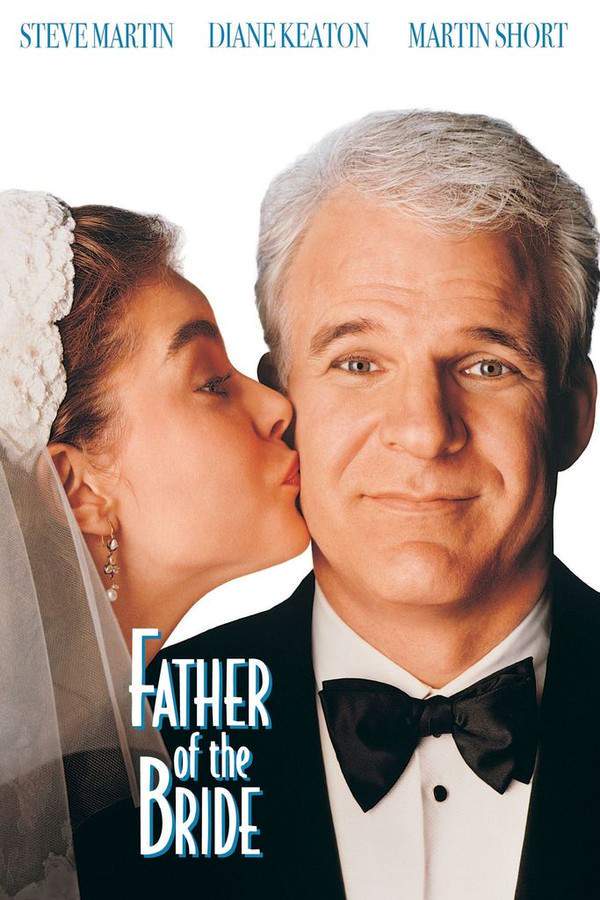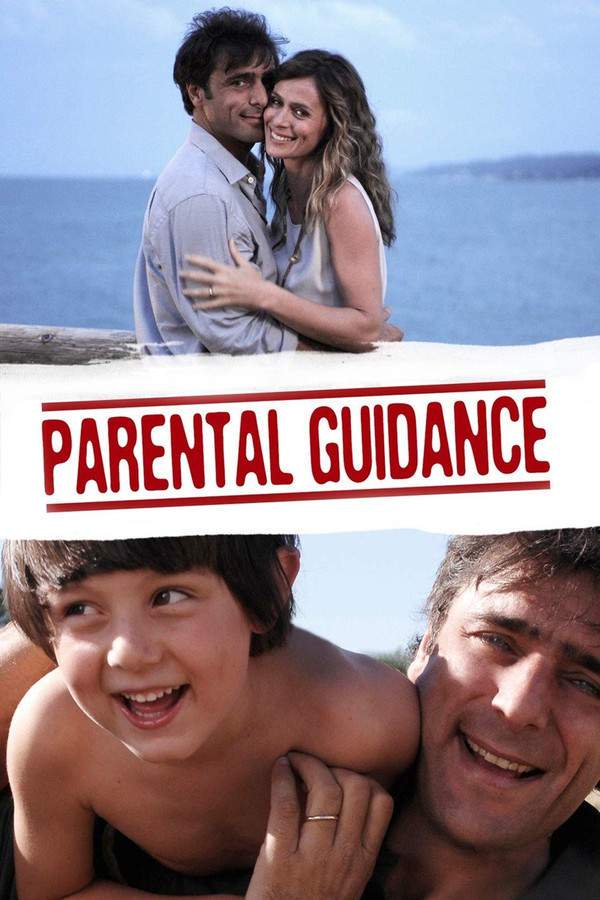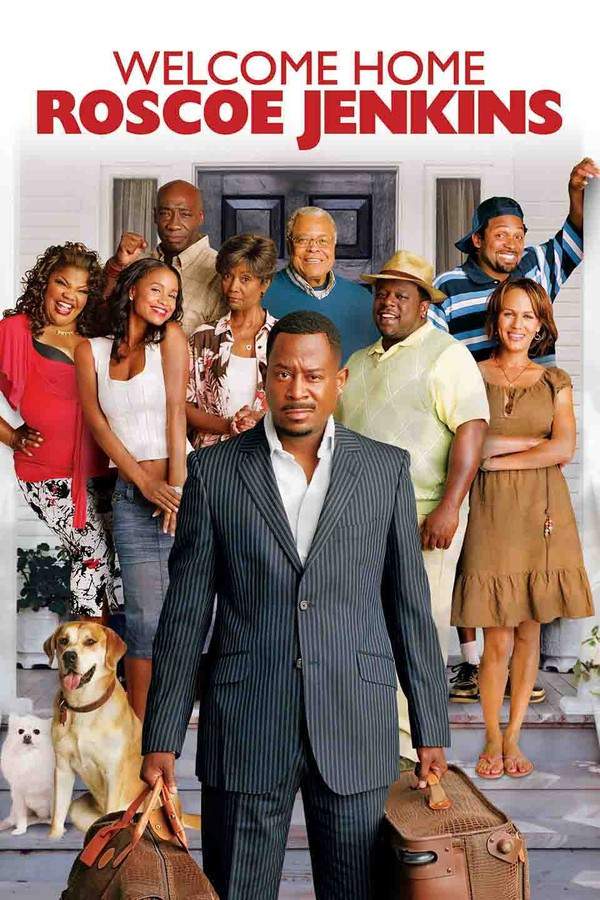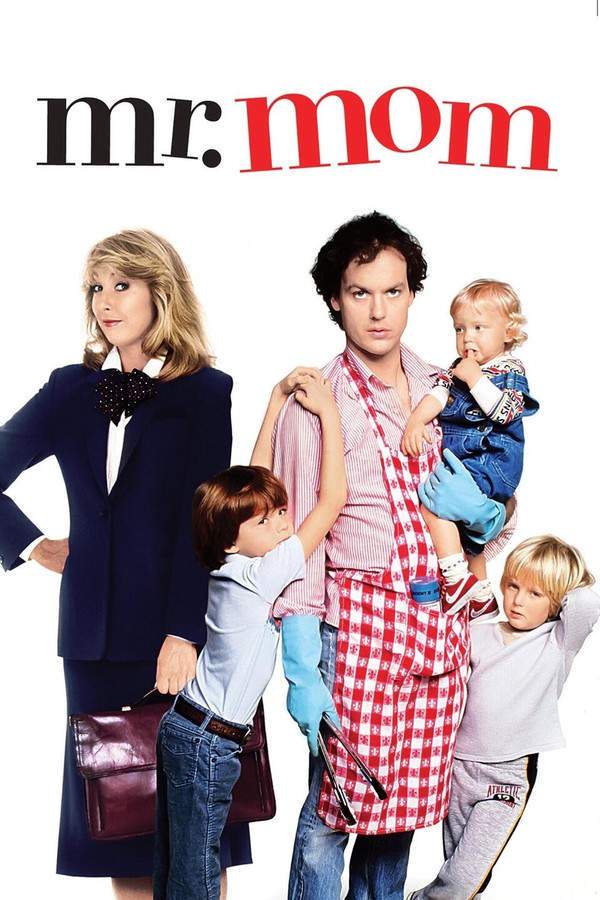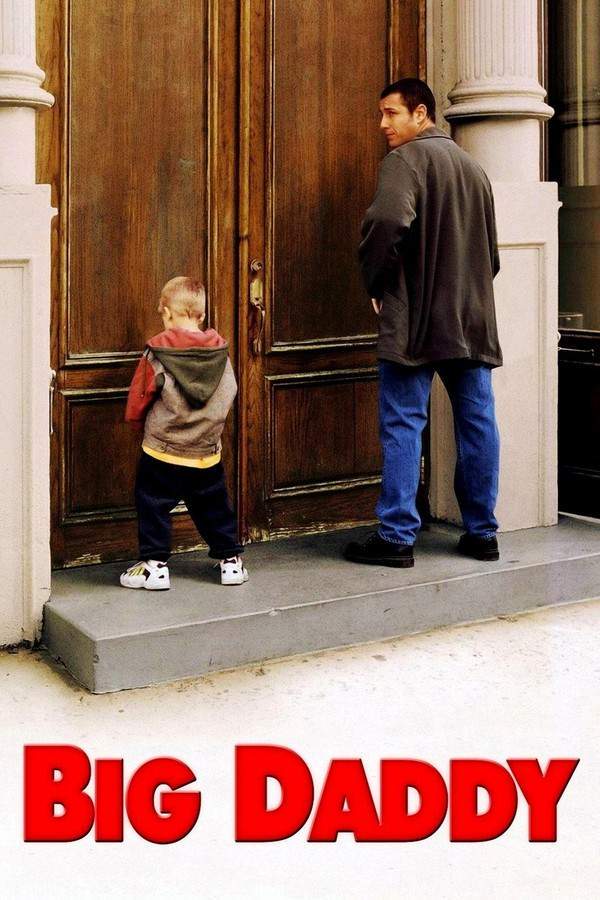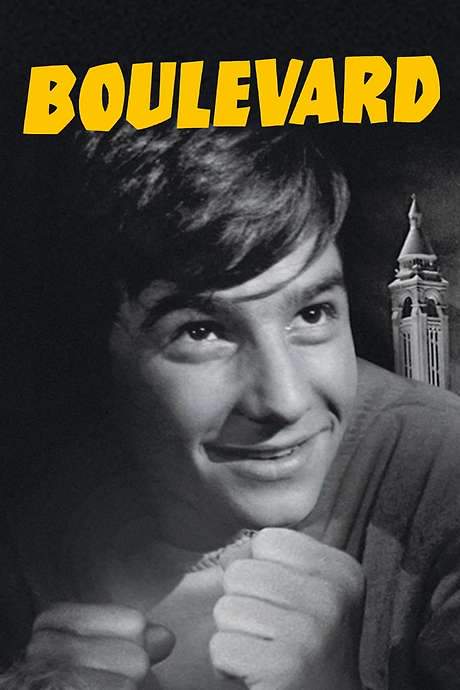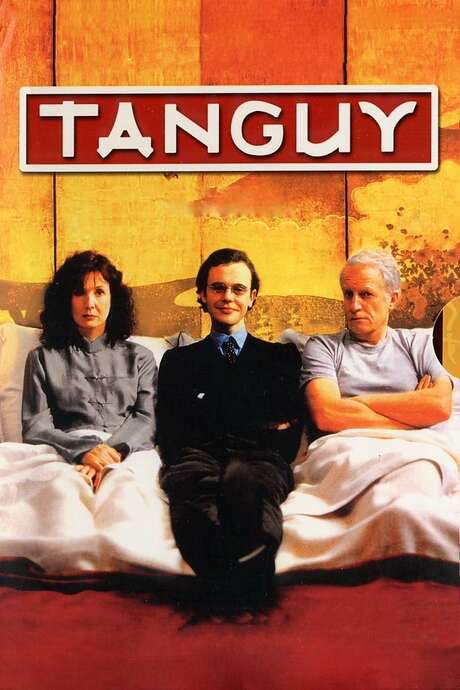
Tanguy
Year: 2001
Runtime: 108 mins
Language: French
Director: Étienne Chatiliez
At 28, he still lives with his parents Tanguy is 28 years old and still living with his parents. They think it’s time he moves out. He doesn’t, so they hatch a plan.
Warning: spoilers below!
Haven’t seen Tanguy yet? This summary contains major spoilers. Bookmark the page, watch the movie, and come back for the full breakdown. If you're ready, scroll on and relive the story!
Timeline – Tanguy (2001)
Trace every key event in Tanguy (2001) with our detailed, chronological timeline. Perfect for unpacking nonlinear stories, spotting hidden connections, and understanding how each scene builds toward the film’s climax. Whether you're revisiting or decoding for the first time, this timeline gives you the full picture.
Last Updated: October 09, 2025 at 15:28
Explore Movie Threads
Discover curated groups of movies connected by mood, themes, and story style. Browse collections built around emotion, atmosphere, and narrative focus to easily find films that match what you feel like watching right now.
Domestic comedies about family anxiety like Tanguy
Funny stories about the peculiar tensions of family life and independence.Looking for movies like Tanguy? This list features witty comedies that explore the gentle tensions and humorous conflicts within families. If you enjoyed the satirical look at parents and adult children navigating independence and codependency, you'll find similar stories here.
Narrative Summary
The narrative follows a central, often absurd, conflict within a family unit, typically involving a clash of wills over lifestyle, independence, or control. The story unfolds through a series of escalating, comedic schemes or misunderstandings, building toward a resolution that reaffirms familial bonds despite the chaos.
Why These Movies?
These movies are grouped together because they share a LIGHT tone and MEDIUM intensity, using humor to explore domestic friction. They balance warmth and frustration, creating a comedic yet relatable portrait of family life where the emotional stakes feel real but are never overwhelming.
Movies about adult children living at home like Tanguy
Amusing tales about adult children navigating the difficult leap to independence.If you liked Tanguy's premise of a grown son refusing to move out, explore these films about late bloomers and the comedic struggles of gaining independence. These stories share a STEADY pace and a HAPPY ending, finding humor in the awkward transition to adulthood.
Narrative Summary
The plot revolves around a sympathetic yet frustrating protagonist who is comfortably, or dysfunctionally, entrenched in their parents' home. The central conflict is triggered by the parents' concerted efforts to evict their adult child, leading to a comedic battle of wits that ultimately pushes the protagonist toward a necessary, if belated, coming of age.
Why These Movies?
These films share a very specific character archetype and plot structure. They explore themes of codependency and generational conflict through a straightforward, character-driven narrative with a light emotional weight and a reliably humorous, positive resolution.
Unlock the Full Story of Tanguy
Don't stop at just watching — explore Tanguy in full detail. From the complete plot summary and scene-by-scene timeline to character breakdowns, thematic analysis, and a deep dive into the ending — every page helps you truly understand what Tanguy is all about. Plus, discover what's next after the movie.
Tanguy Summary
Read a complete plot summary of Tanguy, including all key story points, character arcs, and turning points. This in-depth recap is ideal for understanding the narrative structure or reviewing what happened in the movie.

Characters, Settings & Themes in Tanguy
Discover the characters, locations, and core themes that shape Tanguy. Get insights into symbolic elements, setting significance, and deeper narrative meaning — ideal for thematic analysis and movie breakdowns.

Tanguy Spoiler-Free Summary
Get a quick, spoiler-free overview of Tanguy that covers the main plot points and key details without revealing any major twists or spoilers. Perfect for those who want to know what to expect before diving in.

More About Tanguy
Visit What's After the Movie to explore more about Tanguy: box office results, cast and crew info, production details, post-credit scenes, and external links — all in one place for movie fans and researchers.

Similar Movies to Tanguy
Discover movies like Tanguy that share similar genres, themes, and storytelling elements. Whether you’re drawn to the atmosphere, character arcs, or plot structure, these curated recommendations will help you explore more films you’ll love.
Explore More About Movie Tanguy
Tanguy (2001) Plot Summary & Movie Recap
Tanguy (2001) Scene-by-Scene Movie Timeline
Tanguy (2001) Spoiler-Free Summary & Key Flow
Movies Like Tanguy – Similar Titles You’ll Enjoy
Les Déguns (2018) Full Movie Breakdown
Families (2015) Story Summary & Characters
Tanguy, le retour (2019) Story Summary & Characters
Jeune homme (2006) Plot Summary & Ending Explained
Rue du Bac (1991) Story Summary & Characters
A Bad Son (1980) Detailed Story Recap
Quand tu seras débloqué… fais-moi signe ! (1981) Ending Explained & Film Insights
Tandem (1987) Detailed Story Recap
Ma part de Gaulois (2024) Spoiler-Packed Plot Recap
Tandem (1987) Movie Recap & Themes
Boulevard (1960) Full Movie Breakdown
Papa, Mama, the Maid and I (1954) Complete Plot Breakdown
That Tender Age (1964) Ending Explained & Film Insights
The Son Of… (1995) Plot Summary & Ending Explained
Je règle mon pas sur le pas de mon père (1999) Full Movie Breakdown

